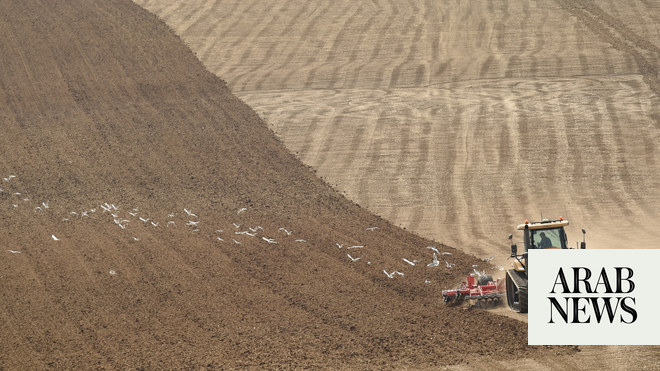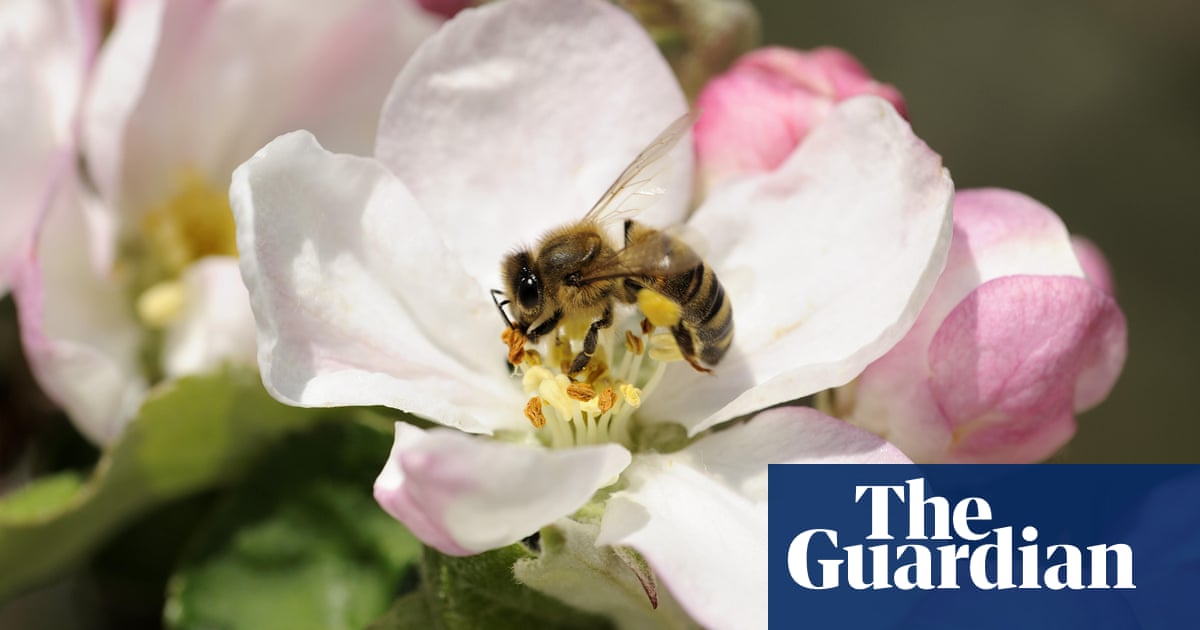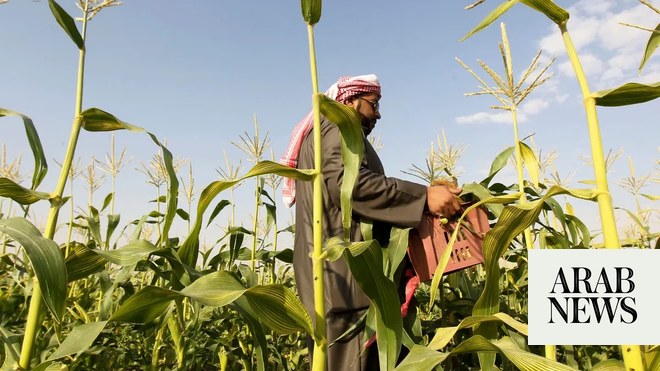
Farmers have accused the government of failing to listen to their warnings over the future of domestic food production, after concerns ministers would not increase the number of seasonal worker visas next year.
The criticism came at a summit convened by the National Farmers’ Union (NFU) and attended by the environment minister, George Eustice, where food producers, processors and retailers urged government to fix supply chains to ensure food security.
Farmers have faced a string of labour shortage challenges over the last year, resulting in a mass slaughter of healthy pigs on farms because of staffing shortages at abattoirs, the destruction of fruit and vegetables which could not be picked on time, and disruption caused by lorry driver shortages.
Immigration minister Kevin Foster told MPs on Tuesday that the number of seasonal worker permits issued in 2022 would remain at the 30,000 allowed in 2021, resisting calls to significantly increase the quota.
Speaking at a hearing of the environment, food and rural affairs committee, Foster said the Home Office would announce full details of the scheme soon.
“We will be moving to a three-year system, announcement is imminent,” he said. “There will be a scheme at 30,000 [permits] next year and then we always have the ability as we have shown with similar routes we have created to add on.”
Foster added that the government intended to allow 30,000 workers into the country in 2022 and 2023, but this was expected to be cut to 28,000 people in 2024.
Some growers expressed concern that changes to the programme would see more farmers competing for a limited pool of labour. Whereas the programme was reserved for fruit and vegetable pickers this year, it will be extended to cover ornamental crops such as daffodils next year, without an increase in the overall number of permits issued.
“The seasonal worker scheme at 30,000 really isn’t adequate,” said Julian Marks, managing director of West Sussex-based grower Barfoots. “Soft fruit alone takes 30,000, and an idea that you can then spread that 30,000 over the ornamental industry as well as the edible industry is crazy, and is going to create some real tensions next year.”
Barfoots was forced to throw away more than 700 tonnes of courgettes during the summer because of a shortage of workers available at the right time, Marks told the conference, while some green beans and sweetcorn cobs also had to be destroyed.
“In terms of labour, it is very frustrating and we didn’t actually get any acknowledgment of that today from the secretary of state,” said Bob Carnell, chief executive of beef processor ABP Food Group. “We have a business model that was set with 60% of colleagues as non-UK nationals, we went into a global pandemic which has stretched everybody, and we really need time to adjust. That is all we are asking for: to redefine the business model to allow us to move forward and that question is not being listened to and it is frustrating.”
Carnell said it would be possible to recruit some UK workers to fill vacancies, although the process takes time.
“We want to keep feeding the nation,” said Minette Batters, the NFU president, adding that she had found it challenging to remain in discussions with ministers over the past year while also getting them to understand the problems faced by the industry.
“We walk a tightrope of remaining at the table, and being locked out of the room,” she said. “It is for government to take it seriously, but there is a disconnect, but what do we do?”
The pig industry said it was still suffering from a lack of abattoir workers. About 30,000 healthy pigs, including at least 10,000 piglets, have so far been killed on farms since the cull began in October, said Zoe Davies, chief executive of the National Pig Association.
Davies warned that UK pork production, which currently accounts for about one-third of domestic consumption, was likely to fall in coming years as farmers reduce their breeding stock and farm fewer animals following the backlog at processing plants.












